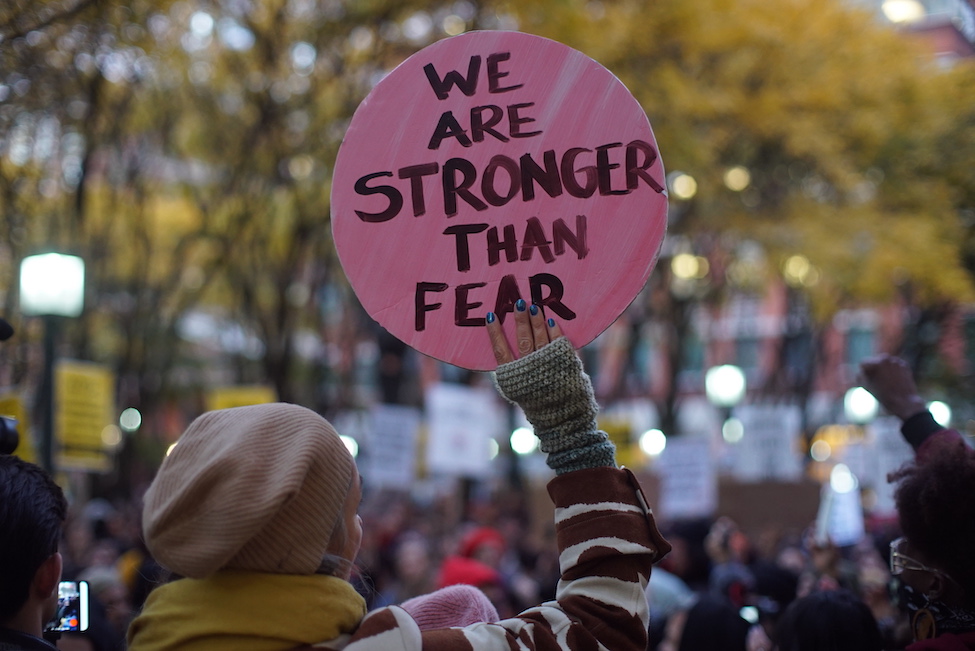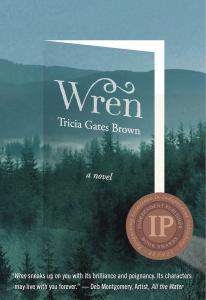
These days have me remembering a book from the early 2000s that impacted me—a book about war’s devastations and seductiveness. It is called: War is a Force that Gives Us Meaning (New York: Public Affairs, 2002). The author Chris Hedges had worked for years as a war correspondent from El Salvador to Bosnia; and in this book, he recounts those wars as a survivor who was also an outsider. As he sees it, war is indescribably vile and destructive. It impels normal people—people like you and me—to lust after violence, to murder without hesitation.
Hedges concedes, though, that there are times when people must take the poison of war. His introduction makes reference to Reinhold Niebuhr, the modern Christian theologian now synonymous with legitimating Christian participation in war. Niebuhr viewed war as a sin, but felt it was a sin Christians must, at times, willingly commit—commit and then repent of. Hedges’ homage to Niebuhr didn’t sit well with me and still doesn’t, not because I can’t sympathize with Hedges’ perspective, but because Niebuhr is so often used by Christians to trump Jesus and is cited in ways that are misleading and incomplete.
I can understand Hedges’ and Niebuhr’s point that war is, at times, a necessary evil, though to this day, I wrestle hard with it. I can see how, at times in history, war seems to be the only solution to a conflict that has sunk to levels of baffling complexity. World War II is most often offered as an example of this kind of conflict. Hedges cites, as another example, the war in Bosnia. Sometimes evil regimes become so powerful and so depraved that nothing but a greater show of violence and force appears able to stop them.
But the argument that Christians should adopt methods of violence to address situations like those described above, fails to acknowledge the role Christian recourse to violence often plays in creating those situations in the first place. Many of the conflicts of the past century reached the point at which war seemed inevitable because people who called themselves Christians had, for years, allowed themselves to practice violence and domination. Christians in Germany allowed hatred and racism—natural corollaries to war—to take root among them. They in turn empowered Hitler. Likewise, Christians in the former Yugoslavia allowed criminals to lead them into a war fueled by racism and manufactured enmity. Today, the war playing out in Israel/Gaza has tentacles stretching to the earliest centuries of Christianity and to Christian antisemitism, and farther back still.

Misuse of ‘Just War Theory’
Using Niebuhr’s ‘just war theory’ as justification, many Christians argue we should be open to the option of war because, at times, history demands that we act to stop rampant violence. Yet so often violence is allowed to run rampant and to spiral out of control because of Christian acquiescence to it. A question that resonated in me when I read Hedge’s book in the early 2000s still resonates with me: How can more bloodshed by Christians be a solution in such a predicament?
I absolutely contend that Jesus taught his followers nonviolent resistance. The problem with the idea that Christians may, in situations like the Holocaust, have to resort to violence, is that the majority of Christians have been resorting to violence in most every conflict we have been engaged in since Constantine. It is our failure to take nonviolence seriously that has largely allowed situations like the Holocaust, the genocide in Rwanda, the massacres of El Salvador, and so on, to happen. All of these atrocities happened in places where the majority of the population called itself Christian.
When Christians mostly prepare for violence, history has shown we will more often than not use it for self-interested purposes, not as a last resort when all other methods of resolving conflicts have proven ineffective, which is what Niebuhr theorized. In the days of Hedge’s book, American Christians were overwhelmingly supportive of war in Iraq because it was viewed as necessary to protect the interests and security of the United States post 9/11. In this, they were not altogether unlike the pre-World War II Germans, who had laid themselves wide open to the seductions of violence long before Hitler came into power. In the early 2000s, Christians did not face a situation like World War II or Bosnia, yet a great number of American Christians enthusiastically hopped on the war wagon. Today, we see the Evangelical movement in the US embracing violence in a similar way—even embracing an autocratic leader.
I want to suggest that at the very least, Christians should support enormous investments in a Department of Peace that studies and implements nonviolent transformation of conflicts before they explode into wars—even a fraction of the investment and rigor we put into our Department of “Defense.” But the fact is, most Christians chose the path of war-making long ago, and that path, that choice, will lead us into seemingly inevitable wars over and over again.
Wren, winner of a 2022 Independent Publishers Award Bronze Medal
Winner of the 2022 Independent Publisher Awards Bronze Medal for Regional Fiction; Finalist for the 2022 National Indie Excellence Awards. (2021) Paperback publication of Wren , a novel. “Insightful novel tackles questions of parenthood, marriage, and friendship with finesse and empathy … with striking descriptions of Oregon topography.” —Kirkus Reviews (2018) Audiobook publication of Wren.















